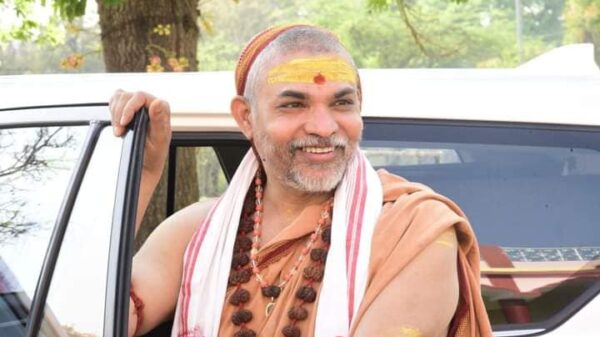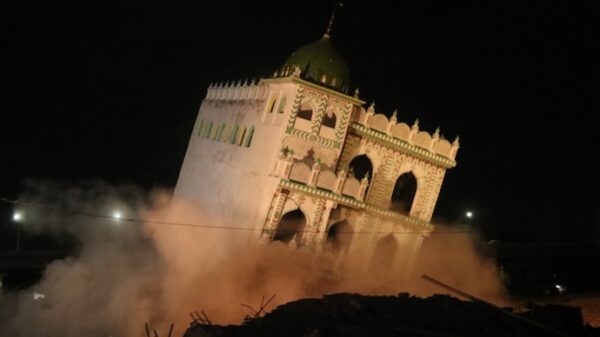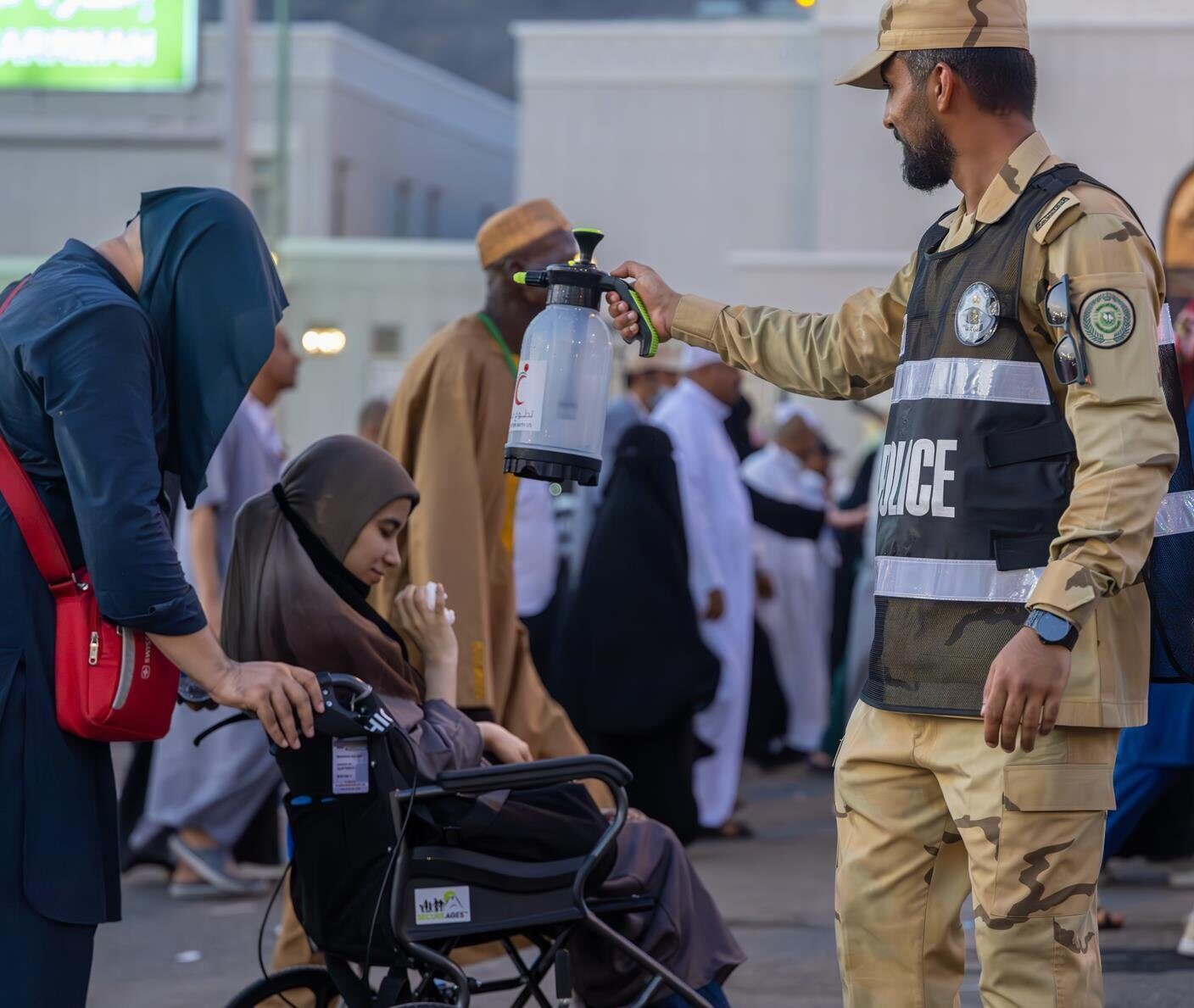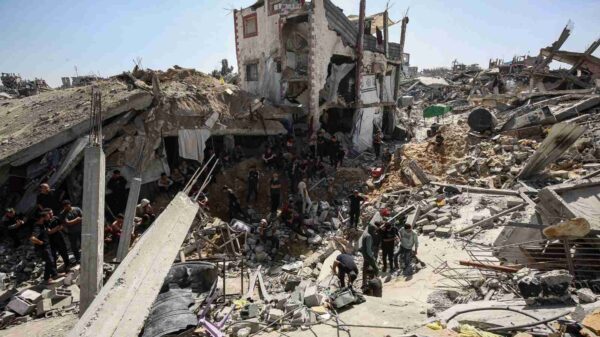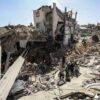At least 550 pilgrims died during this year’s Hajj pilgrimage, diplomats said on Tuesday. Among the deceased, 323 were Egyptians, primarily succumbing to heat-related illnesses, according to two Arab diplomats coordinating their countries’ responses.
“All of them (the Egyptians) died because of heat except for one who sustained fatal injuries during a minor crowd crush,” one diplomat told AFP. These numbers were confirmed by a hospital morgue in the Al-Muaisem neighbourhood of Mecca.
The death toll for Jordanians also rose, with diplomats reporting 60 deaths, up from the earlier official count of 41.
With these new figures, the total number of reported deaths across multiple countries now stands at 577, based on an AFP tally. The morgue in Al-Muaisem, one of Mecca’s largest, recorded 550 deaths.
The Hajj, a mandatory religious duty for Muslims who can afford it, is increasingly challenging due to rising temperatures. A Saudi study published last month indicated that temperatures in the hajj areas are rising by 0.4 degrees Celsius (0.72 degrees Fahrenheit) each decade.
On Monday, the Saudi National Meteorology Center reported temperatures reaching 51.8 degrees Celsius (125 Fahrenheit) at the Grand Mosque in Mecca.
Earlier on Tuesday, Egypt’s foreign ministry announced it was working with Saudi authorities to locate missing Egyptian pilgrims. While acknowledging some deaths, the ministry did not confirm if Egyptians were among the deceased.
Saudi authorities have treated over 2,000 pilgrims for heat stress but have not updated the figure since Sunday, nor provided details on fatalities.
Last year, at least 240 pilgrims died, most of them Indonesians.
In Mina, outside Mecca, AFP journalists witnessed pilgrims dousing themselves with water and volunteers distributing cold drinks and ice cream to help combat the heat. Saudi officials had advised pilgrims to use umbrellas, stay hydrated, and avoid sun exposure during peak hours. However, many rituals, such as the prayers on Mount Arafat, require being outdoors for extended periods.
Pilgrims reported seeing motionless bodies and overwhelmed ambulance services at times.
Approximately 1.8 million pilgrims participated in the hajj this year, with 1.6 million coming from abroad. Tens of thousands of pilgrims attempt to join the Hajj through irregular channels, unable to afford the official visa procedures. These unregistered pilgrims face heightened risks, lacking access to air-conditioned facilities provided by Saudi authorities.
“The Egyptian death toll was ‘absolutely’ increased by the large number of unregistered Egyptian pilgrims,” said one diplomat. An Egyptian official overseeing the country’s hajj mission noted, “Irregular pilgrims caused great chaos in the Egyptian camps, leading to a collapse of services. They went without food, water, or air conditioning for a long time.”
Earlier this month, Saudi officials removed hundreds of thousands of unregistered pilgrims from Mecca ahead of the hajj.
Countries including Indonesia, Iran, and Senegal also reported deaths, though most have not specified if they were heat-related.
Saudi Health Minister Fahd bin Abdul Rahman Al-Jalajel stated that health plans for the hajj were successfully implemented, preventing major outbreaks of disease. The official Saudi Press Agency reported that health officials provided over 5,800 virtual consultations, primarily for heat-related illnesses, ensuring timely interventions and preventing a surge in cases.









